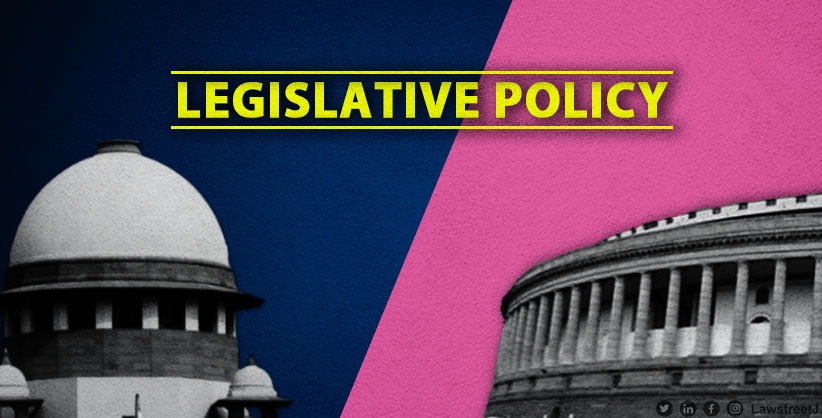NEW DELHI: The Supreme Court on Thursday said it is a question of legislative policy falling in domain of Parliament sovereignty if a candidate in Parliamentary or Assembly polls can contest from two seats simultaneously.
The court declined to consider a plea by advocate Ashwini Kumar Upadhyay to debar the candidates from contesting from two constituencies at the same time.
"Candidates may contest from different seats due to variety of reasons. Whether this would further the course of democracy is up to the Parliament to decide," a bench of Chief Justice D Y Chandrachud and Justices P S Narasimha and J B Pardiwala said.
The court also said permitting a candidate for contesting for more than one seat is a matter of legislative policy since ultimately it is the Parliament's will on whether the political democracy is furthered by granting such a choice.
Upadhyay challenged validity of Section 33(7) of the Representation of Peoples Act 1951, which allowed a candidate to contest from two seats, for being unconstitutional, arbitrary and violative of fundamental rights of the voters.
He also cited the Law Commission's report which stated that allowing a candidate from two seats was an extra burden on exchequer.
It is a policy matter, an issue of political democracy and It is for the parliament to take a call on the issue, the bench said.
The bench also told senior advocate Gopal Sankaranarayan, appearing for the petitioner, that the leader of a national party would also want to show his pan-India image and show that he can stand from west, east, north, and south India.
The bench also said there is no immorality in it as there are historical figures who had that kind of popularity.
"If Parliament wants to amend it can, and the court will not do it," the bench said.
The counsel said that the candidates willing to contest on two seats should be asked to deposit more, as in case of win from both the seats, the bypoll is required, putting an extra burden on public exchequer.
The court also noted before 1996, a candidate could contest from any number of seats.
"The Parliament may at a later time think it fit to further restrict the number and it can always amend the Act. However, a judicial interference is unwarranted," the court said.







